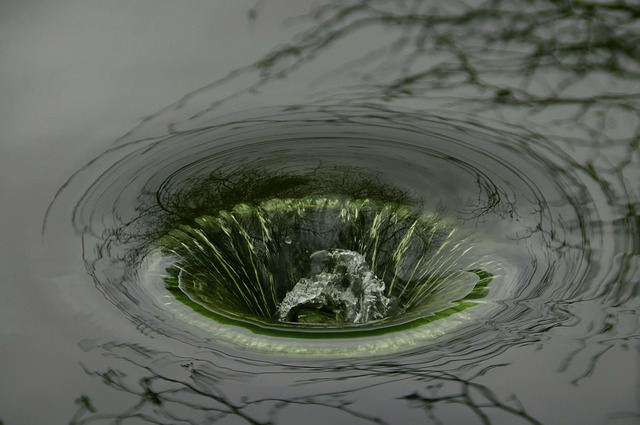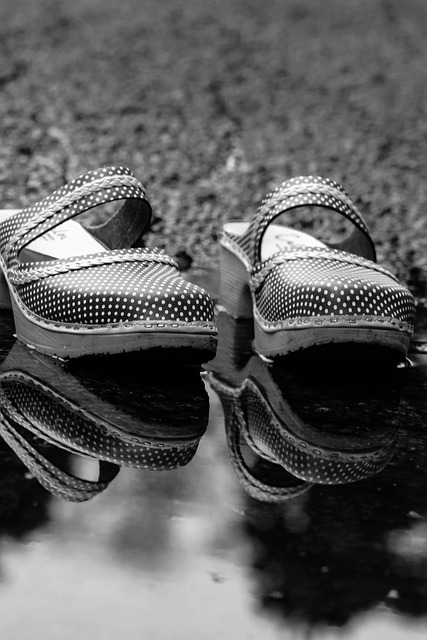Regularly monitor sink, shower, and bathtub drainage to detect slow flow or water pooling, indicating potential clogs. Unpleasant odors from drains signal organic buildup and bacterial growth, common causes of severe blockages. Implement preventive measures like using drain covers and hot water, and seek professional help for recurring clogs to ensure long-term unclogged drains.
Are you tired of unexpected drain disasters? Learn to identify signs of a clogged drain early. This guide reveals crucial symptoms like slow drainage and distinctive bad smells, serving as your navigation system through potential plumbing traps. By understanding these warning signals, you’ll gain the power to prevent clogs before they cause chaos. Discover effective actions to take, ensuring your drains stay uncloggable and odour-free.
- Recognizing Slow Drainage: Early Warning Signs
- Uncovering the Causes of Bad Odors
- Taking Action: Preventing Drain Disasters
Recognizing Slow Drainage: Early Warning Signs

If your sink, shower, or bathtub drain is taking an unusually long time to empty, it might be an early sign of a clog. This slow drainage isn’t always noticeable, especially if it occurs gradually over time. However, pay attention to how quickly (or slowly) water flows down the drain. If you notice that water is stagnant or moving at a fraction of its normal speed, it’s likely an indication that something is obstructing the pipe. Other subtle signs include a gurgling sound coming from the drains and water pooling around the base of your sink or bathtub after you’ve turned off the tap.
Regular monitoring of your drains’ performance can help prevent clogs from becoming more severe and challenging (and costly) to fix. Addressing slow drainage early could save you from dealing with a burst pipe, bad smells emanating from your drains, or an overwhelming buildup of debris in your plumbing system.
Uncovering the Causes of Bad Odors

Bad odors coming from your drains can be an early warning sign of a clogged pipe. These unpleasant smells often result from the buildup of organic matter, grease, or other debris that create a breeding ground for bacteria. Over time, this can lead to a severe blockage.
Common causes include improper disposal of non-biodegradable materials like cooking oil, sanitary products, and grease, as well as tree roots infiltrating pipes. Paying attention to unusual smells, especially those persistent or changing in character, can help you identify the signs of a clog before it turns into a plumbing emergency.
Taking Action: Preventing Drain Disasters

Recognizing the signs of a clogged drain early on is key to preventing disasters. Slow drains and bad smells are often the first indications that something is amiss. If you notice either of these, it’s time to take action. Regular maintenance can help avoid clogs; this includes using drain covers or catchers to prevent hair, grease, and other debris from building up.
Pouring hot water down the drain periodically can also dissolve fats and oils that may have started to solidify. Enlisting professional help is another proactive measure, especially if you’ve experienced recurring clogs. Plumbing experts can inspect your pipes for any issues, clear out significant blockages, and provide valuable advice on how to maintain an unclogged drain system.
Regularly monitoring your drains for signs of a clog, such as slow drainage or distinctive bad smells, is key to preventing unexpected disasters. By understanding early warning signs and taking proactive measures, you can maintain a smooth-flowing home and avoid costly repairs. Don’t let clogs turn into crises; stay one step ahead with simple prevention techniques.
